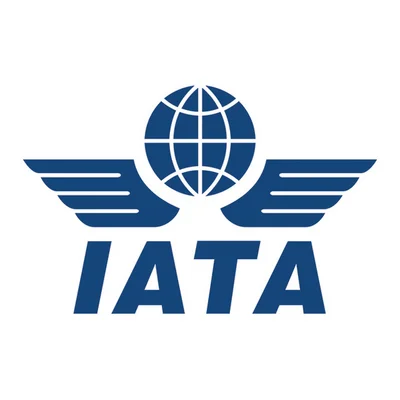Similarly, Lufthansa noted a “slight weakening” in its transatlantic bookings, especially from Germany, Austria, and Switzerland. In response, the airline is planning to reduce its planned transatlantic capacity growth for the fourth quarter from 6% to 3% and has established a task force to adjust flight schedules if demand continues to soften. During the airline’s earnings call on Tuesday, CEO Carsten Spohr expressed hope that easing rhetoric from the White House on tariffs would help boost demand later in the year. He remarked, “The discussions about tariffs are no longer as heated as they were four weeks ago. That is why we believe that some of these bookings will be recovered in the coming weeks.”
Analysts at Barclays estimate that US routes account for around 50% of profits for Lufthansa, Air France-KLM, and IAG, the parent company of British Airways. A prolonged slowdown in demand could tighten margins at a time of year that typically delivers the strongest returns. However, both Air France-KLM and Lufthansa have maintained a positive outlook for the broader summer travel season and reiterated their full-year forecasts.
UK-based Virgin Atlantic has also reported a slowdown in demand, particularly from US travelers heading to Britain. The airline's Chief Financial Officer, Oli Byers, pointed out that US consumer uncertainty is contributing to weaker demand, following a strong start to the year. Although travel from the US to Britain has softened, corporate travel demand remains strong, and the airline still anticipates revenue growth in this sector compared to last year.
Delta Air Lines, Virgin Atlantic’s joint venture partner, expressed caution regarding the outlook for 2025. While the airline reported a solid performance, CEO Ed Bastian noted that the results fell short of initial projections, attributing the shift to stalled global trade growth and increasing economic uncertainty. American Airlines has also withdrawn its full-year guidance due to ongoing weakness in domestic travel and broader macroeconomic concerns.
A recent report from the Financial Times highlighted that the total number of foreign visitors to the US dropped by 12% in March compared to the same period last year. One of the most significant declines came from Canadian travelers. According to Statistics Canada data, air travel from Canada to the US dropped by 13.5% in March.
In February, North America saw a decline in passenger demand, marking the only decrease globally, according to the International Air Transport Association (IATA). While global air travel demand grew, international travel increased, and domestic demand fell, North America recorded a drop, mainly attributed to ongoing concerns over US policy and economic factors.
IATA’s Director General, Willie Walsh, downplayed the long-term impact, stating that the trade tensions have created uncertainty but not a significant crisis for the industry. He also noted that the new US administration is likely to encourage consolidation, which he views as a “net positive” for airlines.
 Alerts Sign-up
Alerts Sign-up





































